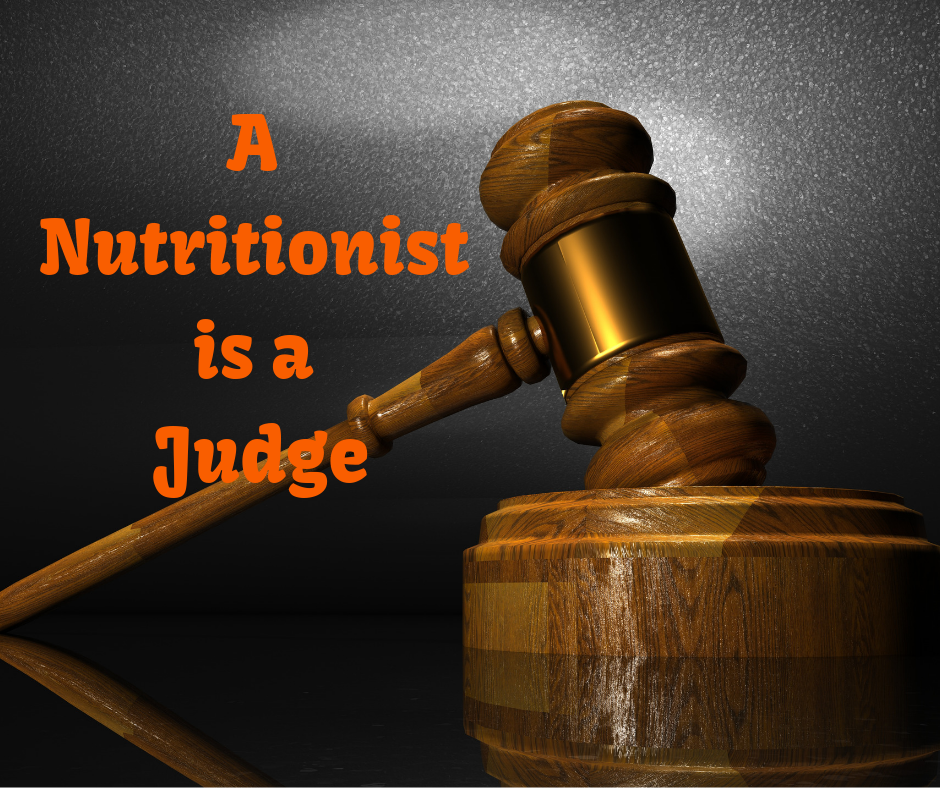What Is Keto Diet? Can Indians Follow The Keto Diet?

2024-02-26 08:24:34
What Is Keto Diet? Can Indians Follow The Keto Diet?
Ketogenic diet a.k.a Keto diet is a trending diet with everyone from actors, models, athletes and general public going on the diet and vouching the amazing weight loss benefits associated with the diet. But did you know it’s been in practice since years and Russel Wilder was the first person to use ketogenic diet for treating epilepsy in 1921 and was used as a therapeutic diet.
A ketogenic diet is basically a high fat, moderate protein and very low carbohydrate diet with macronutrient composition of 55-60% fat, 30-35% protein and 5-10% carbohydrate.
Glucose is the main energy fuel from carbohydrate but following a low-carb high fat diet, replaces the energy fuel and fat acts as the alternative energy fuel. This produces ketone bodies by a process of ketosis. Ketosis is basically the process of breaking down fat and forming ketone bodies in liver further breaking down to adenosine triphosphate (ATP) which body can use as fuel and even be able to cross the blood brain barrier and fuel it.
Going in detail fatty acids are metabolized to acetoacetate which is later converted to beta-hydroxybutyrate and acetone. One hundred grams of acetoacetate generates 9400 grams of ATP, and 100 g of beta-hydroxybutyrate yields 10,500 grams of ATP; whereas, 100 grams of glucose produces only 8,700 grams of ATP thus fat acts as an efficient energy source and helps in building satiety for weight loss.
As glucose level is low in the body insulin secretion is reduced and the body enters a catabolic state initiating gluconeogenesis and ketogenesis. Glucose is in short supply to the body and this leads to utilization of stored body fat and person tends to lose weight. Protein intake of 1.5g/kg of ideal body weight per day is recommended, eating too much protein will lead to conversion of it into glucose and body will not go into ketosis.
Ketogenic diet helps with weight loss, Type 2 diabetes, increasing performance and overall health, a person on ketogenic diet also may help improve blood pressure, blood glucose regulation, triglycerides, and HDL cholesterol levels. However, LDL cholesterol may increase on this diet. The person also feel reduced hunger, it saves time and money and makes people feel energetic.
Everything has a pros and cons and nothing comes with benefits alone, the side effects of ketogenic diet can be dangerous if not followed properly. One needs to be properly initiated on the diet, people with diabetes, metabolic syndrome or any other disease if not done so can lead to more harm than good ; some of which includes headache, tiredness, muscle fatigue, dizziness, cramping, brain fog, heart palpitations etc.
This condition is commonly known as “Keto flu” which can be taken care of and decrease after a week. With Keto flu a person also experiences increased urination, water and electrolyte loss which is a cause of most of the symptoms. One might also experience dry mouth, fruity breath due to acetone and increased thirst, so it’s necessary to drink enough water with electrolytes.
Keto flu can be avoided with gradual decrease of carbohydrate. Once you get used to the keto diet pattern avoid unnecessary snacking when not hungry as it will slow down ketosis and weight loss. Ketosis can be tested using urine strips, breath ketone analysers and blood ketone meter. Ketoacidosis occurs when ketone bodies are produced in extremely larger concentrations, altering blood pH to acidotic a state. It is not the same as Ketosis and thus one needs to monitor ketone levels on a regular basis.
An important factor to consider before going on a Keto diet is the gene APOE which governs cholesterol metabolism, oxidative stress and risk of Cardiovascular disorders in the body. Therefore a genetic test is must before going on a high fat diet as you might see the outer benefits of weight loss but internally your body might be accumulating plaque in the blood vessels leading to atherosclerosis.
A ketogenic diet is usually a short term diet and difficult to sustain in the long run, one needs to closely monitor biochemical parameter for lipid, ketones, insulin and so on. In India our diet is rich in carbohydrate, so it is difficult to have variety in the diet, it is a task to have an outing with friends as the place you are eating might not have a keto option.
You practically need to carry your food everywhere and you become a walking tiffin box. Due to such high demands from a person following a keto diet and also for a healthy long term lifestyle it is recommended that a person can follow a keto diet for minimum of 2-3 weeks upto 6-12 months with close monitoring of your biochemical parameters and make an informed decision rather than blindly following the trend.
Ryan Fernando is an Award-winning celebrity Sports Nutritionist with 2GUINNESS world record and 2 Olympic medals under his belt. His client list include Olympic wrestler Sushil Kumar, cricketer Shikhar Dhawan & bollywood superstars Aamir Khan & Abhishek Bachchan. He is Chief Nutritionist at QUA Nutrition Signature Clinics.
References:
1.Masood W, Uppaluri KR. Ketogenic Diet [Internet]. StatPearls. 2019 [cited 2019 Sep 28]. Available from: http://www.ncbi.nlm.nih.gov/pubmed/29763005
2Dashti HM, Mathew TC, Hussein T, Asfar SK, Behbahani A, Khoursheed MA, et al. Long-term effects of a ketogenic diet in obese patients. Exp Clin Cardiol [Internet]. 2004 [cited 2019 Sep 28];9(3):200–5. Available from: http://www.ncbi.nlm.nih.gov/pubmed/19641727
3.Kiens B, Astrup A. Ketogenic Diets for Fat Loss and Exercise Performance: Benefits and Safety? Vol. 43, Exercise and Sport Sciences Reviews. Lippincott Williams and Wilkins; 2015. p. 109.
4.Murphy EA, Jenkins TJ. A ketogenic diet for reducing obesity and maintaining capacity for physical activity: hype or hope? Curr Opin Clin Nutr Metab Care. 2019 Jul 1;22(4):314–9.
5.van Berkel AA, IJff DM, Verkuyl JM. Cognitive benefits of the ketogenic diet in patients with epilepsy: A systematic overview. Vol. 87, Epilepsy and Behavior. Academic Press Inc.; 2018. p. 69–77.




